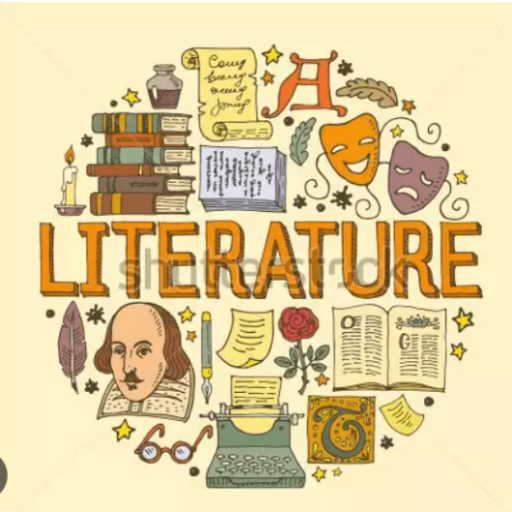Exploring the Epic Journey: Understanding William Wordsworth’s “The Prelude”. “The Prelude” is an epic autobiographical poem by William Wordsworth, considered to be one of his most significant and influential works. Composed in blank verse, this poetic masterpiece chronicles Wordsworth’s personal and intellectual development. It captures his encounters with nature, society, and the power of the imagination. This article aims to delve into the essence of “What is the Prelude by William Wordsworth about?” and provide a comprehensive understanding of its themes, structure, and impact on Wordsworth’s poetic legacy.
What is the Prelude by William Wordsworth about?
The Quest for Self-Identity and Spiritual Growth:
At its core, “The Prelude” is a journey of self-discovery and the quest for self-identity. Wordsworth explores his own personal experiences, reflecting on his growth from childhood innocence to adult consciousness. Through vivid descriptions of the natural world and introspective musings, Wordsworth presents his spiritual and intellectual maturation.
Advertisement
The poem’s opening books focus on his formative years, highlighting the transformative power of nature in shaping his worldview. Wordsworth’s encounters with mountains, lakes, and forests become catalysts for his spiritual growth and self-understanding. He depicts nature as a benevolent force, capable of nurturing the soul and fostering a sense of belonging and purpose.
Advertisement
The Influence of Memory and Imagination:
“The Prelude” emphasizes the role of memory and imagination in shaping one’s perception of the world. Wordsworth explores the intricate connection between past experiences and present consciousness, as memories resurface and shape his understanding of the self and the world around him.
Advertisement
Memory, in particular, holds a significant place in the poem. Wordsworth reflects on the power of memory to preserve moments of beauty and joy. He also admires its ability to provide solace during times of loneliness or sorrow. Through the recollection of past experiences, he finds solace and inspiration, demonstrating the redemptive and transformative power of memory.
Advertisement
Imagination, too, plays a vital role in “The Prelude.” Wordsworth portrays imagination as a potent force that enables him to transcend the limitations of reality and explore deeper truths. The imaginative faculties serve as a wellspring of creativity. It leads to a profound connection with nature and a heightened understanding of the self.
The Relationship between Nature and the Human Psyche:
Nature serves as a central motif throughout “The Prelude,” symbolizing the profound connection between the external world and the inner workings of the human psyche. Wordsworth’s immersion in nature allows him to explore his own emotions, desires, and spiritual yearnings.
In the poem, nature becomes a teacher and a spiritual guide, offering Wordsworth moments of revelation and insight. The sights, sounds, and sensations of the natural world reflect and resonate with his own internal state, leading to a deep sense of harmony and understanding.
Moreover, Wordsworth presents nature as a source of moral and ethical guidance. The purity and beauty of the natural landscape inspire Wordsworth’s moral sensibilities and shape his ethical principles. Through his experiences in nature, he recognizes the interconnectedness of all living beings and the importance of preserving the natural world.
What is the Prelude by William Wordsworth about? Conclusion:
“The Prelude” encapsulates William Wordsworth’s profound exploration of self-identity, the transformative power of memory and imagination, and the intrinsic connection between nature and the human psyche.
Through his epic poem, Wordsworth invites readers on a journey of self-discovery, where nature becomes a source of inspiration, solace, and moral guidance. “The Prelude” stands as a testament to the enduring legacy of Wordsworth’s poetic genius and his ability to illuminate the complexities of the human experience.

